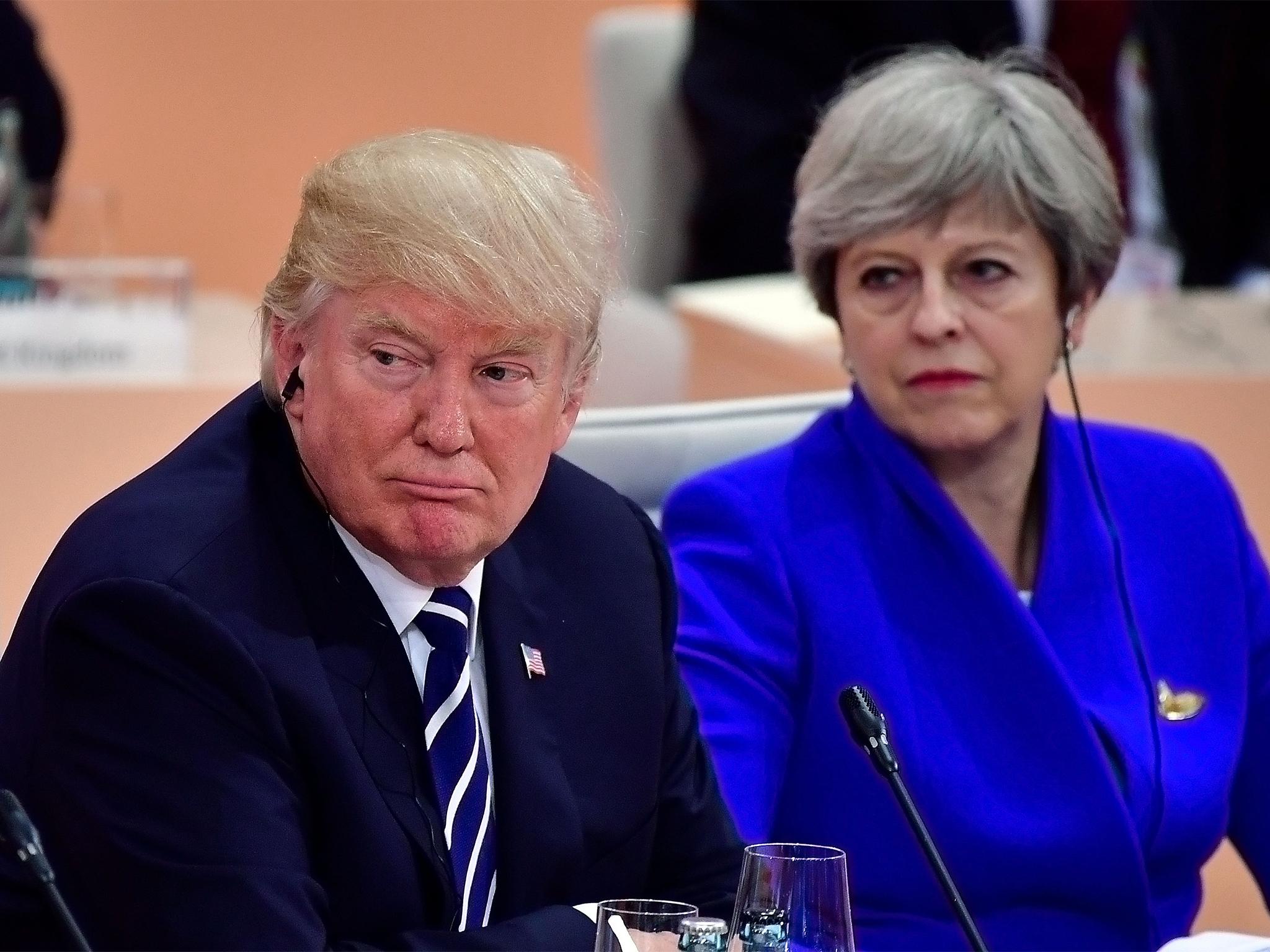Five things to look out for as European leaders meet to discuss a potential trade war
The Bank of America estimates that were the US to increase tariffs from 2.5 per cent to 25 per cent, that would cut EU GDP by at least 0.3 per cent. So what will Europe do?


This will be a week where the focus shifts to Europe. There is one obvious reason for that: the forthcoming European Council meeting and the Euro Summit on Thursday and Friday. There is however a less obvious reason: what will Europe do about the 20 per cent levy on car imports threatened by Donald Trump, and the more general threat of a trade war?
The European Council will be mostly political, with the main issue being EU policy towards refugees, and the future of Angela Merkel as the German Chancellor will turn on that. That will command the headlines, even if there is more heat than light. But there are at least two economic issues to watch from the whole series of events.
One will be any information or clarification about the reform of the eurozone, and in particular about the idea, agreed apparently by France and Germany, of a central eurozone budget. How big it is? What is it for? Who pays? And what is this new eurozone crisis fund?
The second is the final details of the Greek debt settlement. This has been signed off but as with the eurozone agreements the devil is always in the detail. Greece capitulated to Europe, and the question is how the choice that the country made is panning out for it. Not well, actually.
One thing not to look for this week will be anything about Brexit. That will rumble on in an unpleasant way throughout the summer and autumn, and the sensible thing to do is to ignore the noise until we get much closer to the deadline.
Beyond all the politics, look this week for any reaction to the US trade attack. The Bank of America estimates that were the US to increase tariffs from 2.5 per cent to 25 per cent, that would cut EU GDP by at least 0.3 per cent. So what will Europe do?
Tit-for-tat tariffs won’t work because the EU exports so much more to the US than it imports from it. It is a bit too early to expect any decisions but maybe Europe will cut its 10 per cent tariff on car imports. That might go some way to appeasing the US president, but there is a cost. If Europe opens up to US car imports, it will not find its people buying many more US cars. But what that would do would be to open up the EU car market to China, and in particular to Chinese electric cars.
Meanwhile there will be some focus on the actual performance of the European economy, and here there will be two surveys of business opinion: one from Ifo in Germany, the other from the EC on the eurozone as a whole.
There has been a lot of negativity about the eurozone economy in recent weeks, largely because the burst of growth at the end of last year seems to have ebbed away. I think there will be modest comfort in those two surveys that European business, as opposed to European politics, is in pretty decent shape.
Finally, look for any hints about UK growth in the second quarter, now nearly over. The first quarter was disappointing and that slow growth will be confirmed at least as far as the official figures are concerned, with the third estimate of GDP published on Friday. Looking forward, the question will be how much ground has been made up, and any feeling for that will give us a clue about the timing of the next rise in UK interest rates.
I think the big point to remember in the next few days is that this will be a politically noisy time, and when there is a lot of noise the thing to do is ignore it and focus on numbers. If the numbers for the European and UK economies are all right, then we can ignore the noise more cheerfully.
Join our commenting forum
Join thought-provoking conversations, follow other Independent readers and see their replies
Comments
Bookmark popover
Removed from bookmarks